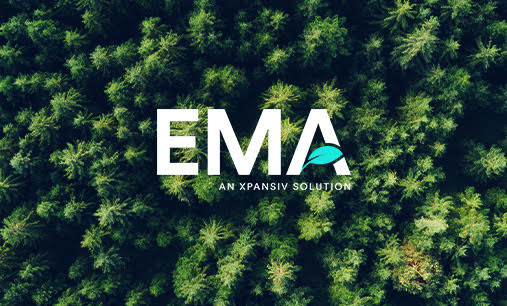Xpansiv
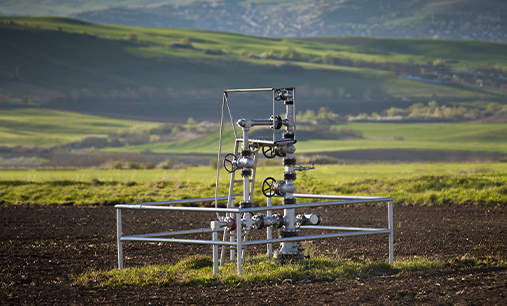
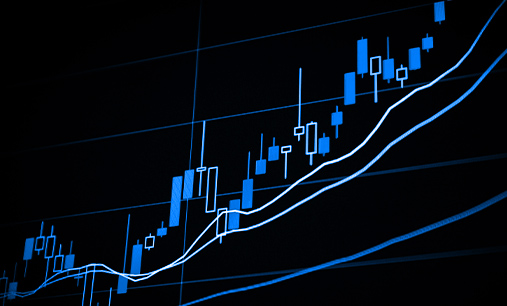
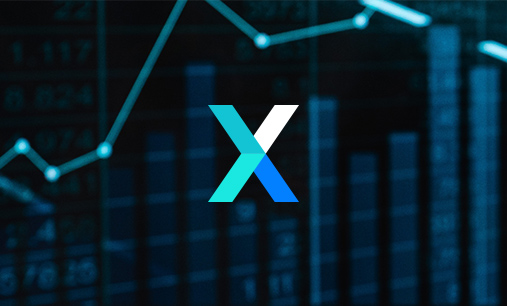
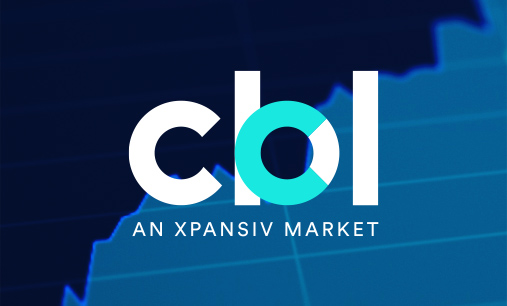

Press
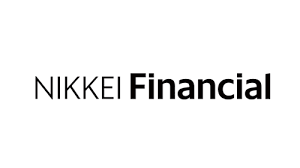
The GEO was developed by Xpansiv, an ESG related international commodities market operator offering physical trading on its CBL exchange. CBL is the world’s largest voluntary credit exchange.
[The CME’s] March listing was for Global Emissions Offset (GEO) futures, a product consisting of credits that meet the criteria of CORSIA, the aviation industry’s emissions reduction scheme, saving companies that want credits from having to scrutinize the details of individual emission reduction projects.

CBL Markets and Xpansiv have done an incredible job over the last decade of building their platform… That’s the type of infrastructure that’s going to drive growth, create scale, and enable us to establish reference pricing, enable us to diversify, and enable us to understand what the prices are for different projects.
The GEO and N-GEO are basically carbon assets which are pre-designated as being acceptable for a certain compliance or market need, versus a pure voluntary offset which may or may not have a specific compliance grade to it. In order to achieve our 2030 targets — just for net zero alone — we need a 6x increase on today’s supply market, in terms of volume, and a 15x increase by 2040, and a 37x increase by 2050. The growth needs are on the supply side, and that’s a beautiful problem to have. This is potentially the golden era of investments into nature.

I have mentioned Xpansiv in many updates and several articles. The company is working hard to create a transparent accounting of the impact of various industrial and agricultural processes. And its environmental commodities market CBL is a leader in establishing mechanisms and products for trading ESG assets.
I was overjoyed to hear about the world’s first transaction of Xpansiv’s Digital Natural Gas this month. The DNG was generated and registered by Pacific Canbrian Energy and transferred to Enegir, the Montreal-based utility and energy service for the province of Quebec. By using DNG, market participants can directly price the value of different physical quantities of natural gas on the basis of how sustainably and cleanly the gas was produced.
If this does not seem like a big deal to you, please read my previous article explaining Xpansiv’s Digital Feedstock. Capital markets can only function effectively with good information; Xpansiv’s DNG and other Digital Feedstock products give markets a transparent view into production methods. It’s a huge development and one civilization desperately needs.

Xpansiv, the “market for ESG commodities” closed a 2x oversubscribed fundraise of US$100M in new equity from Clean Energy Finance (the Australian Government’s green bank), Commonwealth Bank of Australia, commodities trader Hartree Partners, and Australian fund Wilson Asset Management. These new investors join a suite of blue-chip investors that have previously invested US$75M including BP Ventures, S&P Global, Energy Innovation Capital, Oxy Low Carbon Ventures and Macquarie Capital.
They are seeking to bring transparency and liquidity to ESG-inclusive commodities, including carbon offsets, renewable energy certificates and sustainable fuels, where participants can value and verify the energy, carbon, and water to meet the challenges of an information-rich, resource-constrained world. To bring credibility and uniformity to this information-rich, resource-poor space, Xpansiv has demonstrated its ability to grow and attract users to its a marketplace, with year-to-date trading >70.0Mt on carbon on its platform, with >15.0Mt traded in August alone.
Xpansiv has done something many struggle with, not only growing organically, but based on our calculations they’ve made 6 acquisitions to grow services and consolidate customers… digitizing and standardizing information and reporting for ESG commodities.

Natural gas companies are hoping to earn a premium with their ESG practices
“Typically, an MMBTU is an MMBTU, there’s not really any pricing difference for those types of attributes,” said Peter Schriber, vice-president of market development at Xpansiv, but added the ability to prove your fuels are produced to a higher standard may eventually allow producers to demand a premium for their natural gas, which is a fungible commodity. “If you are making a decision that you want to make better procurement practices, it comes back to consumers wanting to know how their gas was made,” Schriber said. “My certificate can ultimately be unpacked. I can unpack that all the way back to production that happened on a certain day.”
Right now, the company’s digital fuels registry is focused on natural gas trades but Schriber said there is potential to expand its offering to other commodities like crude oil as buyers become increasingly focused on emissions reductions.

Macquarie Energy Canada Ltd., using a virtual market, is expanding the ethically produced natural gas trade, aka responsibly sourced gas (RSG), with the sale of British Columbia (BC) production to Montreal-based distribution company Energir. The Macquarie unit used… the Xpansiv Digital Fuels Registry to make the deal for supplies from Calgary-based gas producer Pacific Canbriam Energy Ltd.
The digital registry “is an important innovation that establishes unprecedented levels of transparency and detail, which will further catalyze the certified natural gas market,” said Macquarie senior managing director Craig Fisher.
“The certification marks the beginning of a new, more transparent era of natural gas development in Canada where we show the world that resources are, and will continue to be developed to the highest standards of environmental and social responsibility,” said Pacific Canbriam President Paul Myers.







